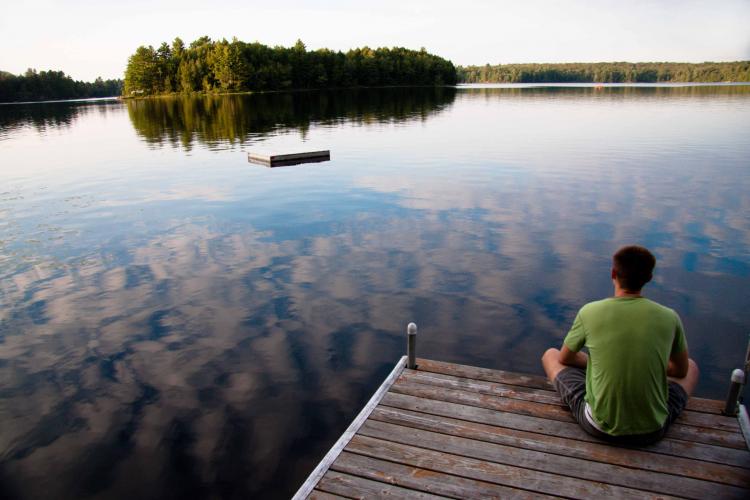Almost three quarters of Canadians admit to flushing items down the toilet that could be disposed of elsewhere, according to a new study on water usage.
Across the country, Canadians throw items such as leftover food, hair, bugs, and cigarette butts into the toilet, wasting about six to 20 litres of clean water per flush, the study found.
“This data highlights, once again, that Canadians are not making the connection between their personal water use and the true value of water,” Bob Sandford, EPCOR chair of the Canadian Partnership Initiative of the UN Water for Life Decade, said in a press release.
The fourth annual Canadian Water Attitudes Study was commissioned by RBC and Unilever and endorsed by the Canadian Partnership Initiative of the United Nations Water for Life Decade.






